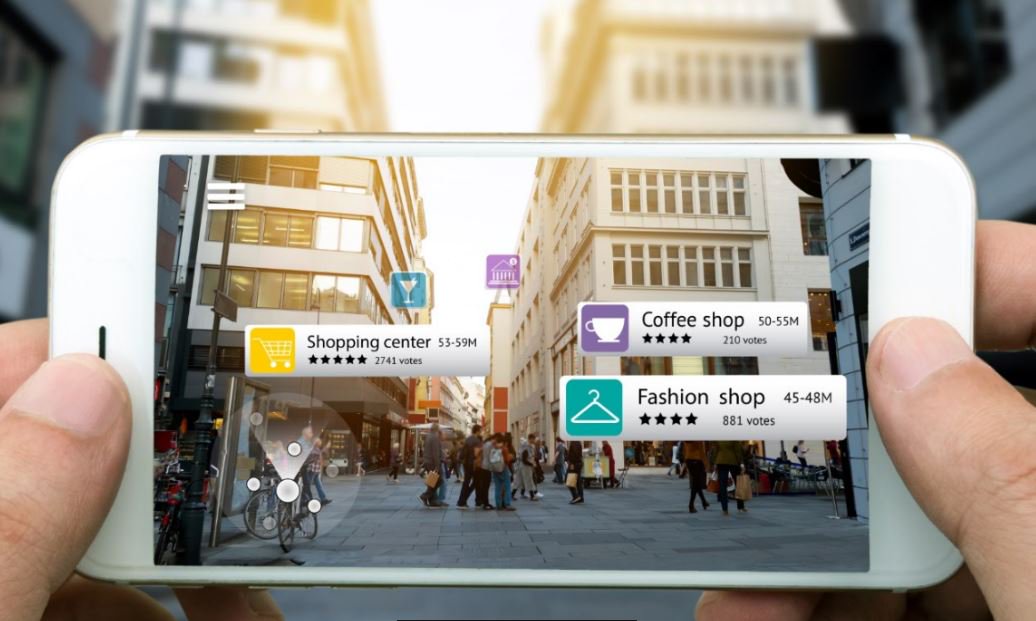Today innovation is fundamental in the tourism industry, since in times of pandemic (COVID19) conditions are different, they also have greater access to technology, they expect quality and a different experience in the services they acquire and in many cases they are shared on social networks and platforms, this is essential to acquire a tourist service.
Thus, the interaction of all the elements and entities of the innovative process can lead to a significant synergistic effect, expressed as growth of the tourism industry and empowerment of communities through these activities.
Innovation consists of a change in mindset, an attitude of continuous improvement. Nowadays it is no longer valid to offer a new tourist service and offer coffee in the room, the innovation starts from the conception of authenticity compared to stereotypical hospitality, turning the different steps of the tourist into a memorable experience. The innovation and digital transformation of a company consists of evolving towards another context, and thereby improving processes, as well as building customer loyalty.
So ... How can tourism recover from the damage caused by the COVID19 virus? What is the role of smart tourism innovation in the recovery and reinvention of the industry? These are tough questions faced by travel and tourism agencies, event planners, convention offices, and smart city leaders. The objective for which I write this article is to offer ideas for the recovery and reinvention of tourism.
Innovations in the tourism industry after COVID19
COVID19 has spread around the world with people's travels, consequently, government restrictions on movement and tourist traffic became a general trend. In addition to the economic recession, it is the reason why international tourism suffered a severe blow. Tourism is one of the largest and fastest growing industries globally, and must be strategically addressed with proactive measures for tourism to regain socio-economic stability after the pandemic. This industry includes air, sea and land transportation, the food supply chain, the accommodation sector, entertainment, recreation, etc. Consequently, there is a wide area of businesses that propose changes, and mainly because post-COVID19 tourists will not be the same as before.
During this pandemic, the tourism industry is the one that has received the greatest impact, being one of the most fundamental pillars of the modern socioeconomic system. Without a doubt, tourism will be affected in almost all aspects of the tourist's trip and stay. The challenge facing the industry at the moment is in the safety of travelers. In response to this, tourism businesses will inevitably have to move forward with bold and innovative ideas that include an adoption of emerging technologies. At the moment, the future of tourism will depend heavily on digital and technological discoveries such as the use of chatbots to make reservations, mobility patterns to manage visitor flows, artificial intelligence (AI), the IoT, 5G and service-oriented robotics. , etc. These innovations will shape the new tourism experience. Today's leaders in tourism are turning to the help of innovation management software solutions.
On the other hand; If the trend of many of the closed international borders continues, people may simply have no choice but to do local tourism. For the hosts, it is important to send the right message to potential clients and to properly use marketing tools (social networks) to promote the value of national tourism. This should be done as a way to relive nostalgic moments or the excitement of discovering the hidden beauties of your country.
Another important aspect of the future in tourism is flexibility. In this industry, flexibility is what companies will highlight through cancellation policies, service fees, schedule modifications, etc. In addition, new practices and policies are expected in almost every aspect of the guest experience.

Smart tourism: The future is digital
The tourist at present will demand new technologies because he will want us to anticipate as an industry in the problems that it may have. Tourists would be paying for services as long as they know that if there is a problem it can be solved with a simple click. Experts coincide in highlighting proximity or last minute reservations as some of the factors that will be especially relevant for tourists. Here technology takes an extreme sense.
The new tourist will also look for personalized experiences according to their needs, characteristics and preferences (something that will facilitate Data Science and artificial intelligence); will choose new leisure activities where contact or face-to-face assistance is not essential, thanks to virtual and augmented reality to remotely enjoy simulated experiences, interaction with museums, monuments or natural spaces through technology.
The airlines and airports have found in technology the way that the tourist interacts as little as possible with the personnel on the ground. This is how you can book a flight online, check-in online and get the boarding pass on your mobile phone, register through machines, go through automated gates through barcodes, security controls at through X-ray machines and even validate boarding passes and documentation through electronic equipment. These technologies have achieved greater agility in the attention of travelers where it is important that people appropriate these technologies to achieve a better experience.
On the other hand; Regarding the promotion of tourist packages, there are already options that changed the traditional models of travel agencies and specialized guides, where new players have emerged in the tourist market such as: Peek who places a guide on the cell phone, HotelTonight that has from a last minute booking tool or Tripadvisor that makes available different traveler reviews according to their experience and AnyRoad that connects with different guides to avoid travel agencies.
Tourists in the post-pandemic will have an even greater appetite for innovative mobile apps that add value to the travel experience. Today most of the big players in the travel industry have a mobile presence today and augmented reality (AR) apps, from companies like Appinventiv, SeaMonster and Skignz, are among the promising innovations for tourists. AR travel mobile apps quickly engage customers with interactivity and provide an immersive and visually engaging user experience.
In the case of large cities that depend on tourism and events, investments in technology and the quality of the destination are often so interrelated that smart tourism becomes part of smart city planning, offering opportunities for new solutions. that benefit tourists and local residents. Innovation-focused leaders can learn from solution examples such as Smart CityCards (Vienna - Austria), MyStreetBook (Madrid - Spain) and CabTab (Amsterdam - Holland).

As can be seen in this article, it is evidenced that innovation has become a vital tool for the tourism industry, these elements start from science and technology to provide solutions to the needs of tourists and define the trend and the norm. However, we must analyze what the next innovations will be that will define the way we travel, know the world, our own environment, or the future given by space tourism with companies such as SpaceX, Blue Origin, Virgin Galactic and Orion Span.
The flexibility and sustainability of the processes will force each person who belongs to the tourism ecosystem to develop new skills because the transformation process is going to be faster than ever. And the opportunity that this downtime offers us is to execute the necessary technological transformation of the sector.
Keep innovating!
DO YOU WANT TO SHARE YOUR COMMENTS?
